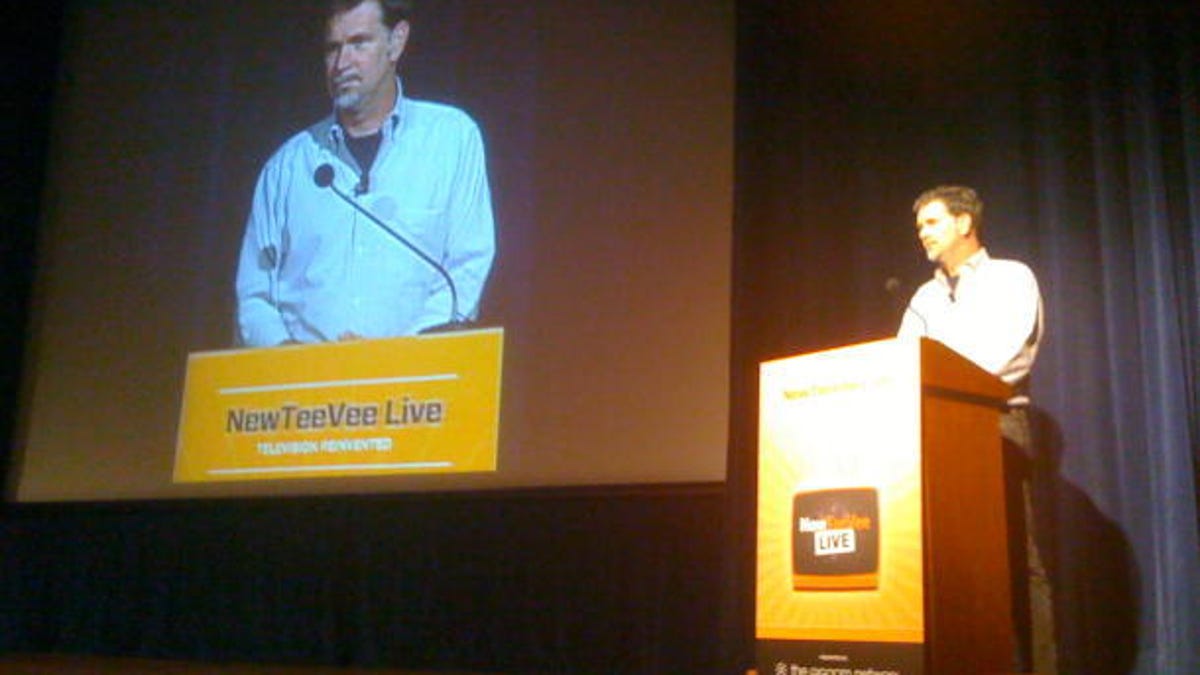Is Netflix trying to embarrass certain ISPs?
Netflix says ISPs don't want to share the costs of delivering streaming video, so the company will publish a list of ISPs best at delivering Netflix content. Which ISPs will be at the bottom?

Netflix CEO Reed Hastings said it is "inappropriate" for Internet service providers to require his company to pay all the costs of delivering streaming video to a subscriber's home, and tomorrow he plans to do something about it.
In a letter from Hastings to Netflix shareholders published today, he said it is only fair for ISPs to accept some of the financial burden since it is the ISPs' customers who have requested Netflix's content. Hastings made it clear that he hasn't received enough cooperation from ISPs.
In response, Netflix plans to publish statistics about which ISPs are best at delivering "the best, most-consistent high speed Internet for streaming Netflix."
If you're an executive at Charter Communications, you've got nothing to worry about. The only early tidbit Hastings revealed about tomorrow's post is that Charter was the top-performing ISP. But for bandwidth providers further down on the list, the disclosure could prove embarrassing. How much do you want to bet that some of the poorer-performing ISPs are the ones giving Netflix the hardest time about streaming costs?
Hastings wrote: "We think the cost sharing between Internet video suppliers and ISPs should be that we have to haul the bits to the various regional front-doors that the ISPs operate, and that they then carry the bits the last mile to the consumer who has requested them, with each side paying its own costs."
In the letter, Hastings said he hoped to get some "voluntary agreement" on the issue. Following that, he lowered the boom and disclosed the plans to publish the performance list. Netflix's message was that either ISPs pay their fair share, or they're in for a fight.
A move like this is out of character for Netflix. Typically, the company isn't a street brawler.
It's rare for executives to go public with a disagreement, and they've been in plenty of them over the years; with film studios, Blockbuster, various partners. Taking this spat public is a sign that Netflix hasn't managed to budge some of the bigger ISPs on the issue and that the company may now be more willing to flex its muscles.
Netflix is riding a wave of consumer interest. Hastings said today that for the quarter ending December 31, the company added 3 million new subscribers while rocketing past earnings expectations.
In a public relations battle, Netflix is going to be tough to beat. This is the company that did away with the dreaded late fees for video rentals and was first to offer a compelling Web-streaming service, one that enables viewers to watch thousands of titles for only $7.99 a month.
Much of the public consider that a better deal than traditional rental stores offer. When compared to pay TV services, a growing number of people argue Netflix wins there too, providing more bang for the buck.
So, we'll see if Netflix can get its way on this issue. We'll post Netflix's ISP list as soon as it goes up.

